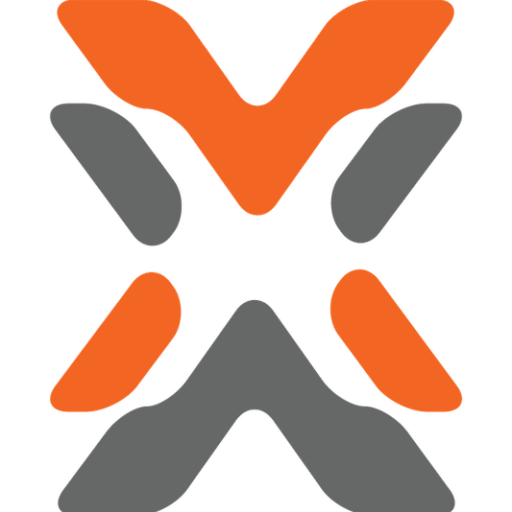Elon Musk’s autistic disclosure earlier this month has left me with mixed feelings. On one hand, I am a self-confessed space nut, having studied Physics for my undergrad degree. Yet the way his announcement was made was not ideal.
In the fargone days of international travel, I spoke at a tech conference in Cocoa Beach, Florida, missing a SpaceX launch by a few hours. The conference dinner was held at the Kennedy Space centre. I leapt into the air along with a roomful of techies when the surprise announcement was made that we would be having tacos amidst spaceships and space suits with an astronaut-led tour.
On the other hand, the way Musk disclosed concerned me. In particular, the way he blamed his diagnosis for some of his mistakes left me wondering if it would help or hinder other autistic leaders. Also, disclosing on a comedy show did not seem the best choice to me. Twitter has been bustling with many autistic people making negative comments about Musk reinforcing stereotypical views of autism and recalling past comments he made about curing autism.
The only ‘awareness’ that Elon Musk brings about autism is in regards to a certain presentation of autism (white, male, techy, awkward) which is literally the most over-saturated and represented presentation of autism across the media and society.
— Erin Ekins (she/her) (@QueerlyAutistic) May 9, 2021
Neurodivergent Billionaires
Furthermore, he is not the first; many other billionaires have disclosed their neurodivergence. Richard Branson has been very open about his dyslexia. Ikea was famously founded by Ingvar Kamprad, who used strange names for products because his dyslexia made working with traditional inventory numbers challenging. For similar reasons, Ikea instructions have few if any words, a step that has facilitated Ikea’s rapid international expansion, because no translation is needed for pictures.
Gary Cohn at Goldman Sachs is dyslexic as is the founder of JetBlue, David Neeleman. WEF leader Charles Schwab also has dyslexia. Clearly, having a neurological difference is becoming linked increasingly with career success. However, Musk aside, the one thing the above all have in common is none are openly autistic. There are very few autistic leaders; or rather there are very few who are sharing publicly.
There are some. Anthony Hopkins, recently winning an Oscar, has shared his diagnosis. More recently, an Olympic rower, Chris Morgan, disclosed. I was particularly impacted last year when an Admiral in the UK Navy disclosed that his autism is part of the reason for his success. Chris Morgan, too, said that his autism led to his high performance because it made him a perfectionist in his training.
Few openly-autistic CEOs and Directors
Few are open in the business world. Charlotte Valeur is one, disclosing her status as a director of top UK businesses. Her diagnosis was covered by the Times, the Financial Times and many other business publications.
Yet before Musk, as far as I am aware there were few if any CEOs who are household names as autistic. Valeur gave an explanation as to why. When disclosing she indicated she was probably discounting herself from future boards by her announcement. “There is a risk that I will not be able to go on certain boards because they know I’m autistic,” said Ms Valeur in the Times.
We look at more reasons why and strategies to empower leaders in part 2 of this article.

